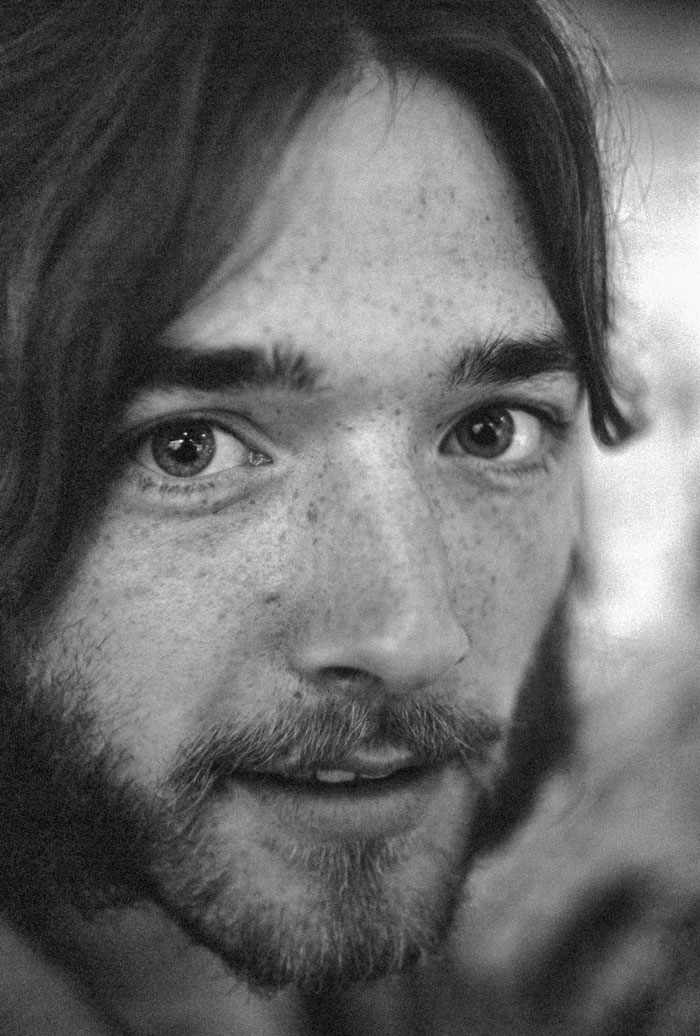

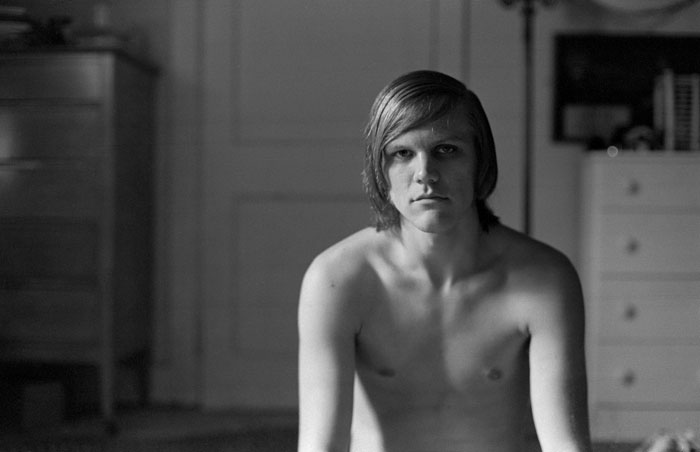
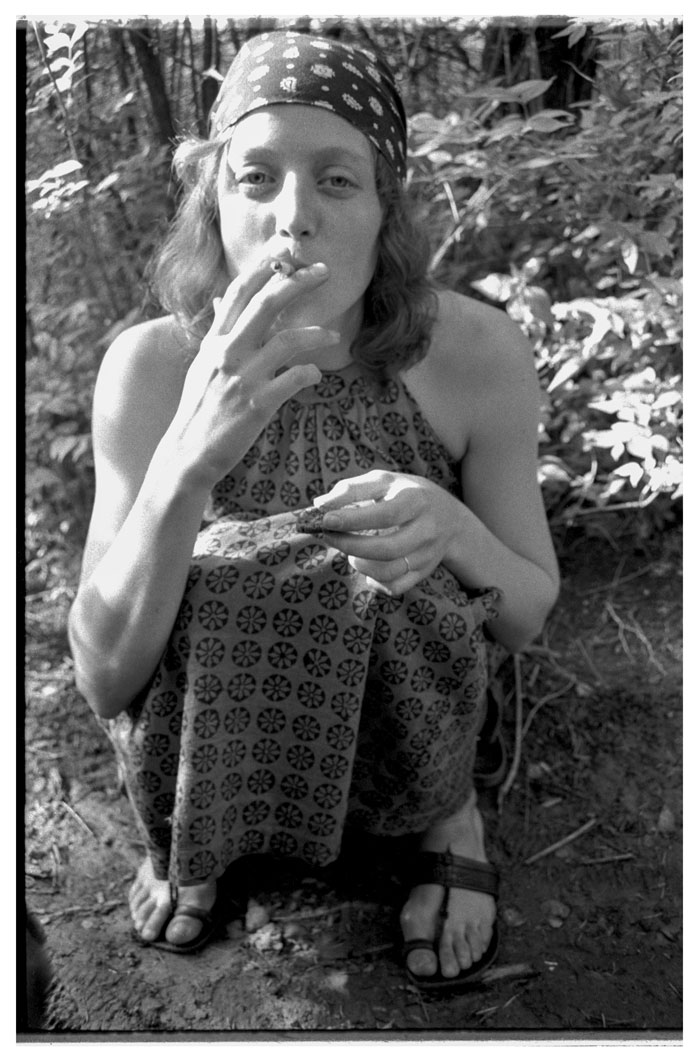
Sandy smokes
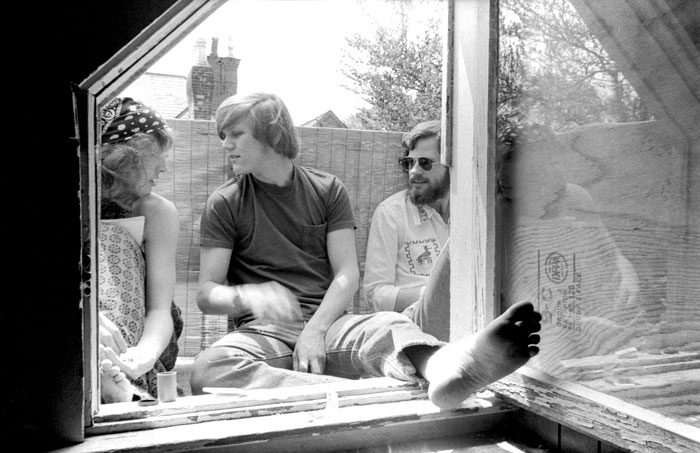
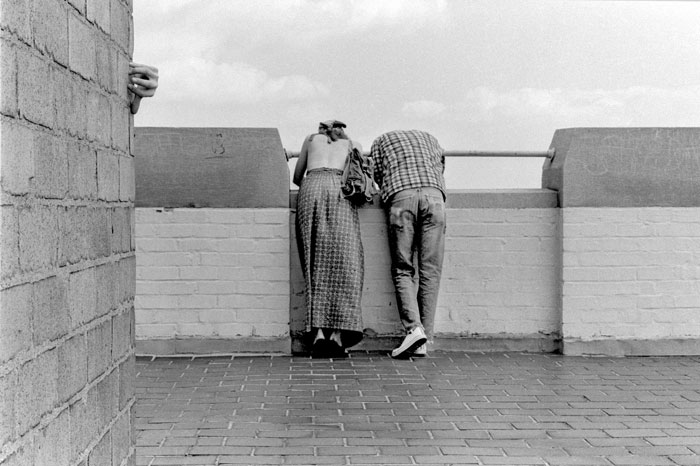
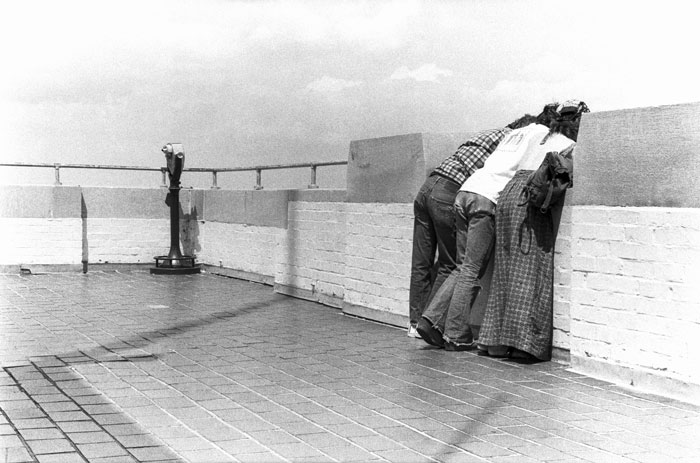
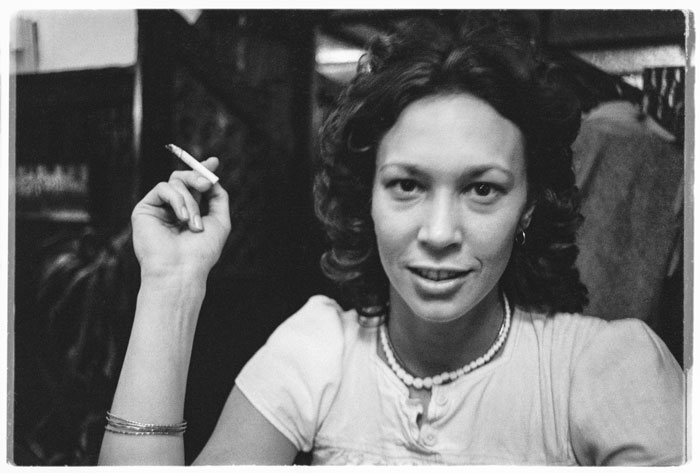
Lynn at the bar, Mecklenburg’s
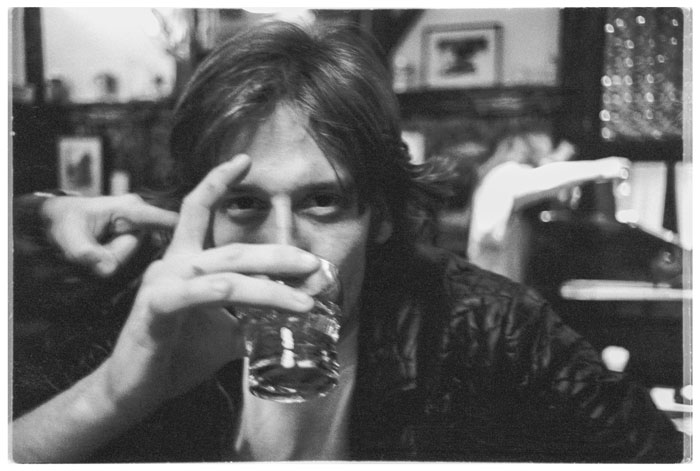
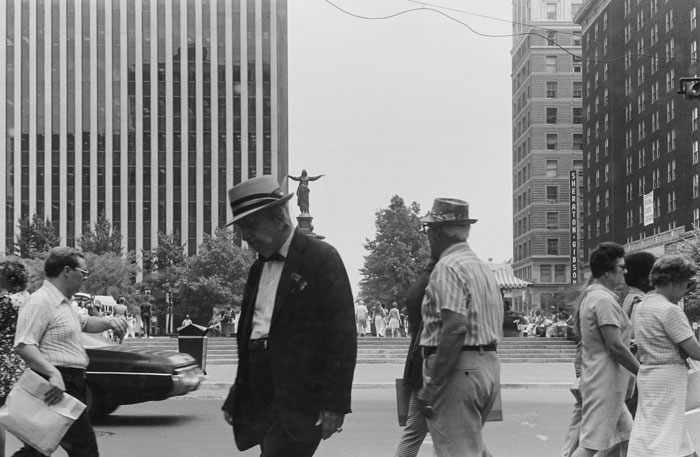
Fountain Square
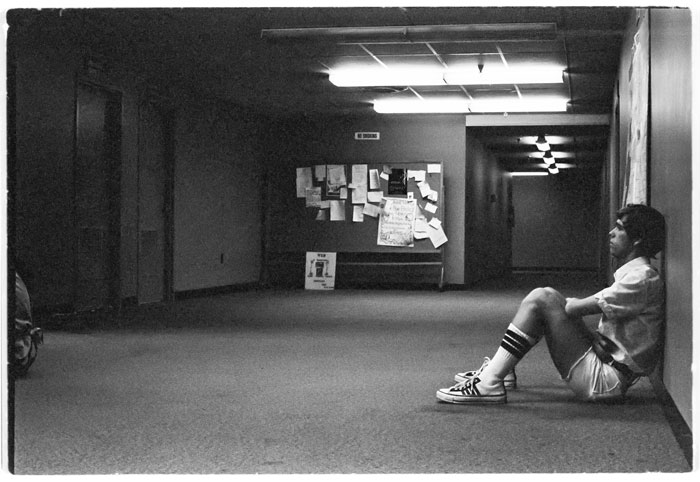
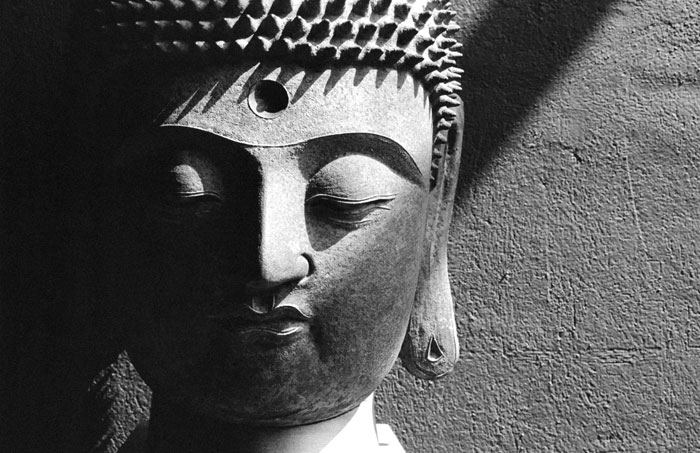
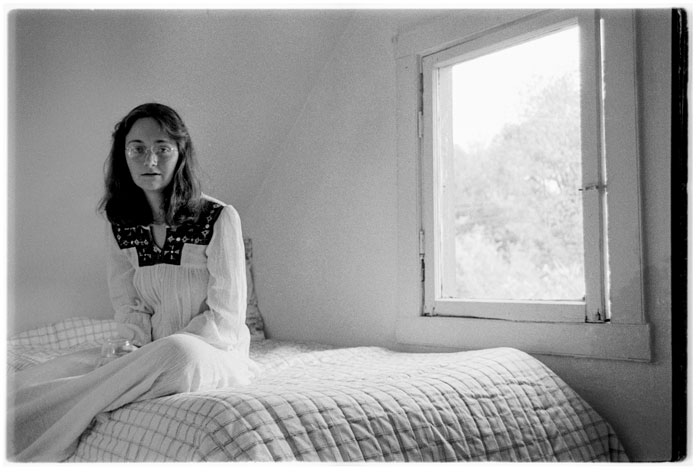
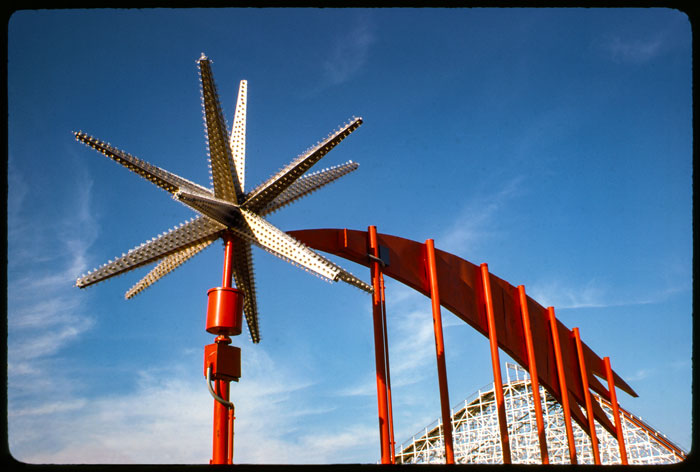
Kings Island story
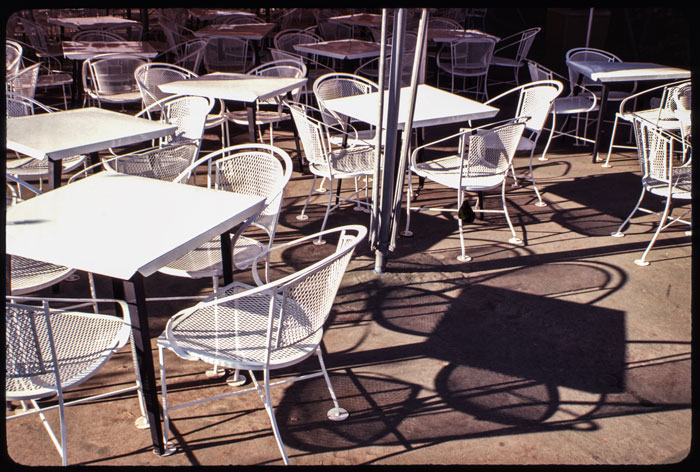

Kings Island, the giant amusement park north of Cincinnati, heavily recruited for summertime jobs at music schools and acting departments all over southern Ohio. My turn came in the summer of '74 when I cut off my long hair and trimmed the beard down to a moustache. We were all young and found plenty of reasons to stay up late, so scenes like this were common all over the park.
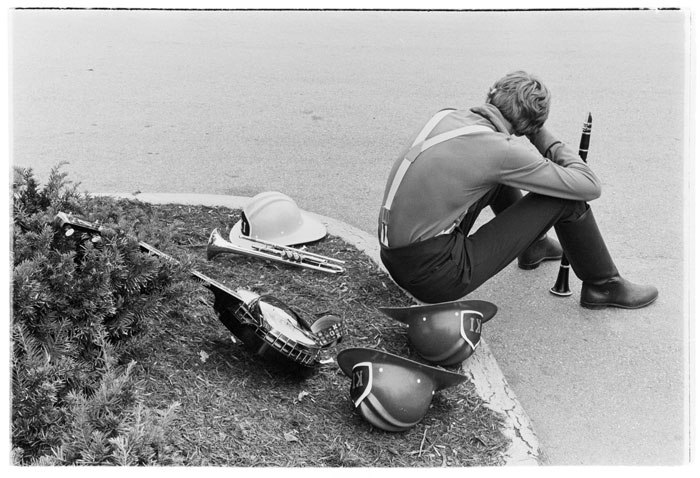
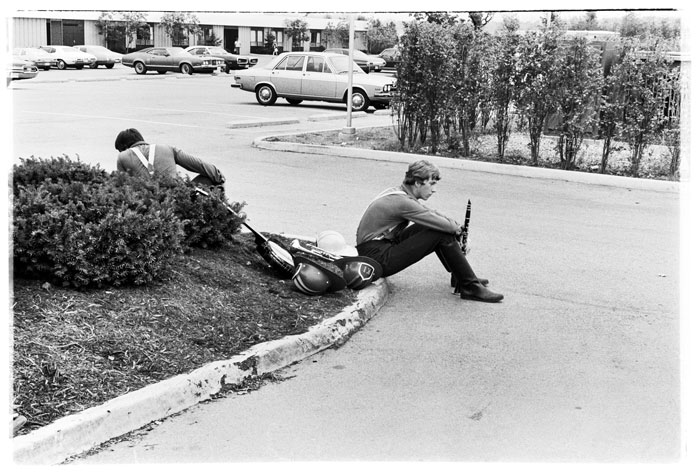
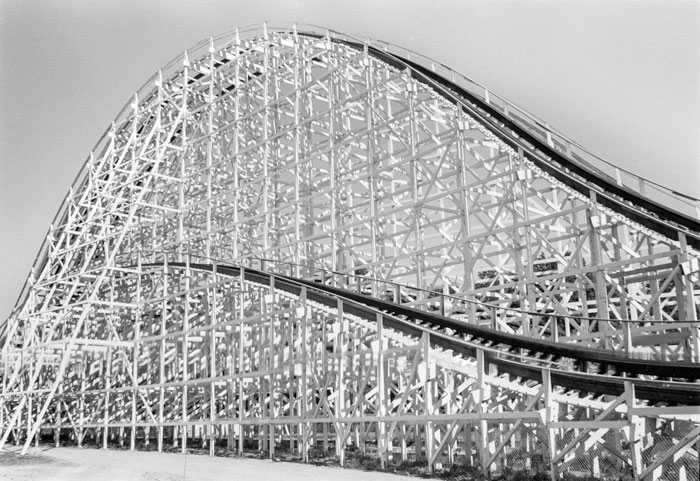

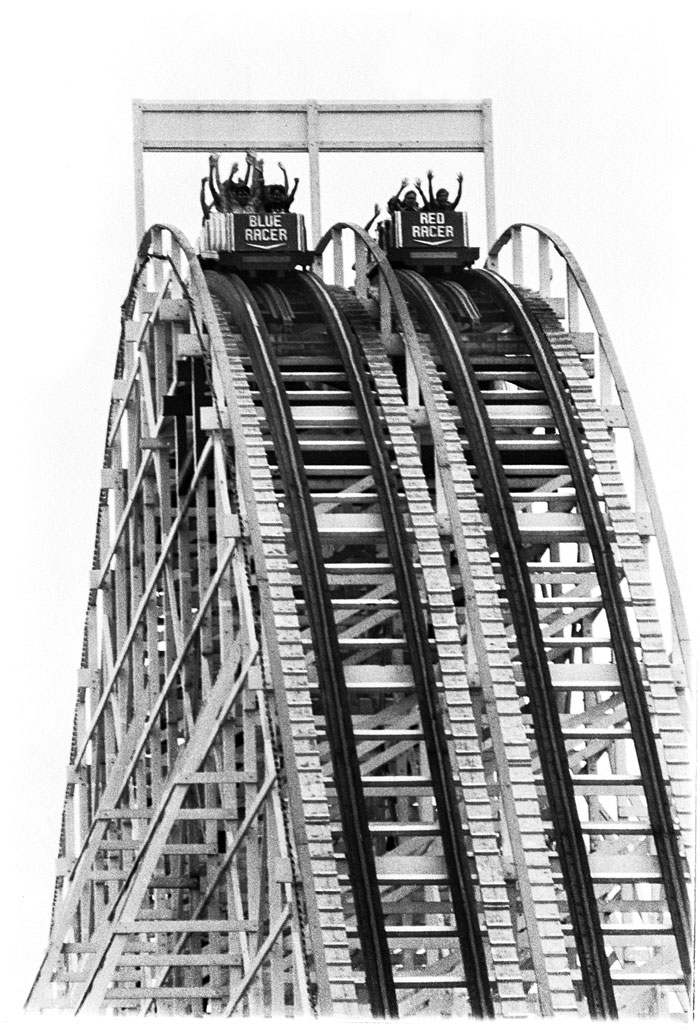
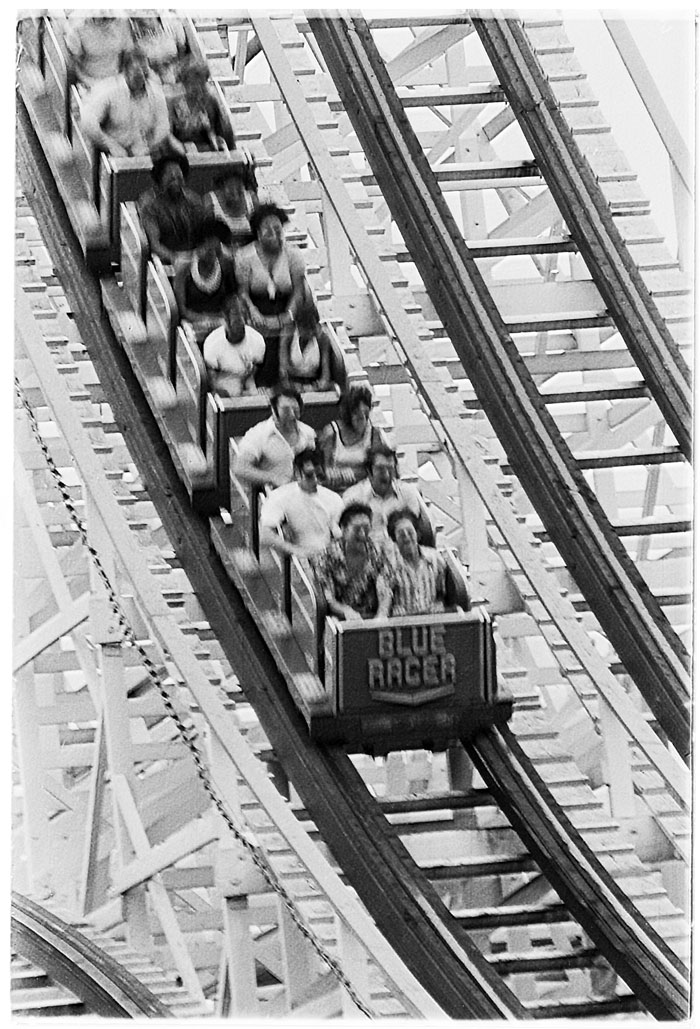
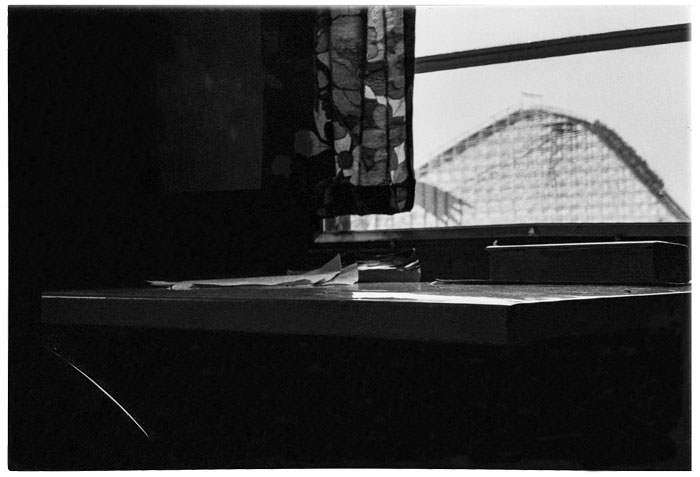
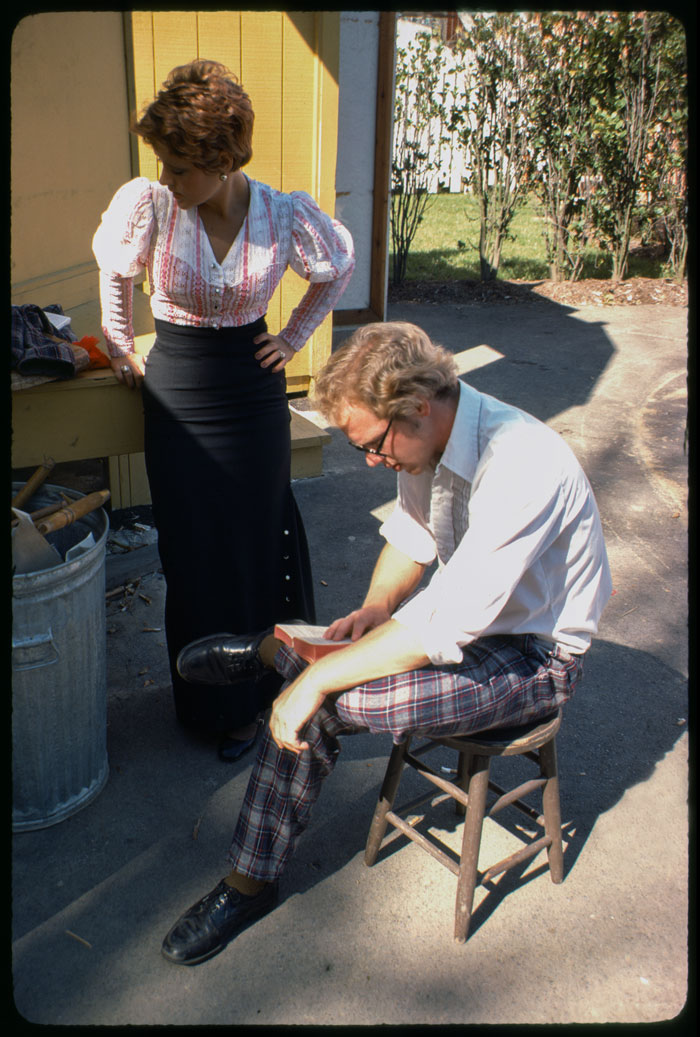
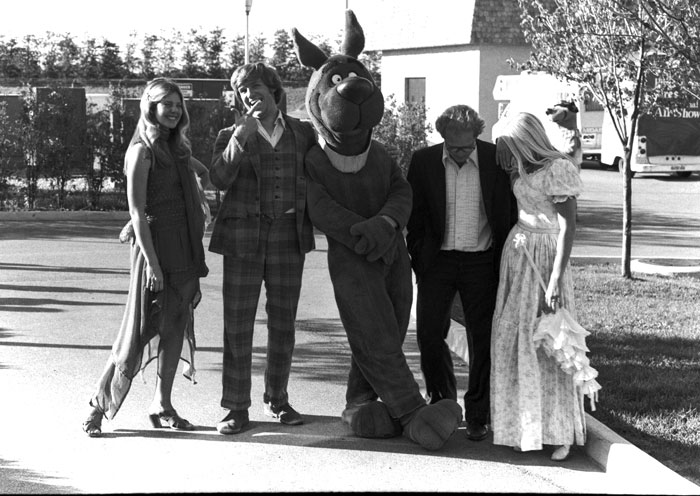
We put on four or five shows a shift and waited between shows in a house trailer by the roller coaster. Twice a day we marched in the summer sun in a parade with all the other entertainers in the park; our place was just behind Scooby-Do. It was grueling in the black wool suit I wore as the villain.
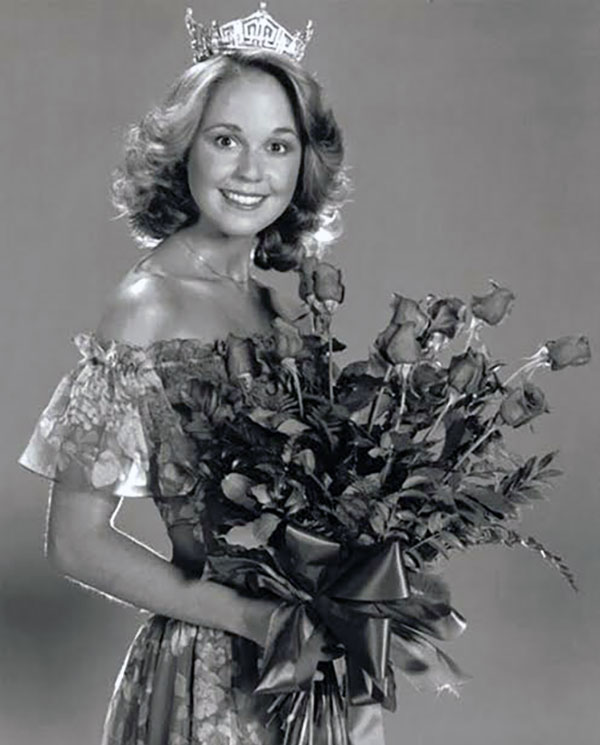
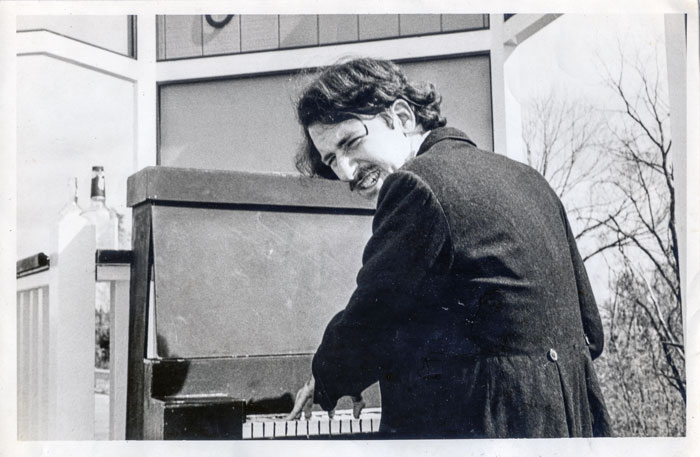
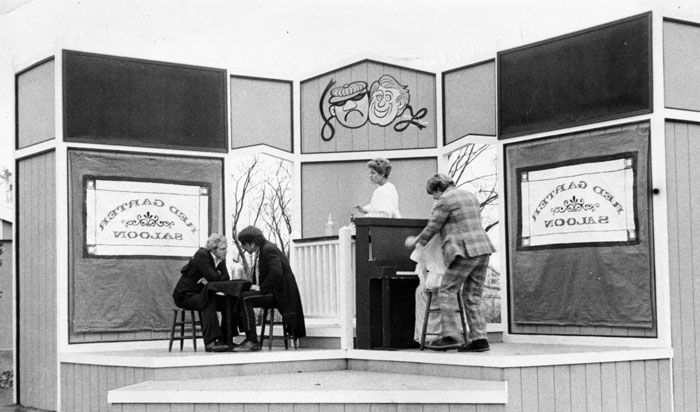
Harry Franken, a reporter friend of my dad, wrote an article about my first professional acting gig at Kings Island. I didn't realize it at the time, but it was also my last acting gig. I knew some actors and I couldn't do what they were doing. I couldn't just let go—really let go, erase myself, disappear. I played Lennie from Of Mice and Men for a scene in acting class and I couldn't hold it together for a second; I was never Lennie and never would be Lennie. My ego prevented it from happening.
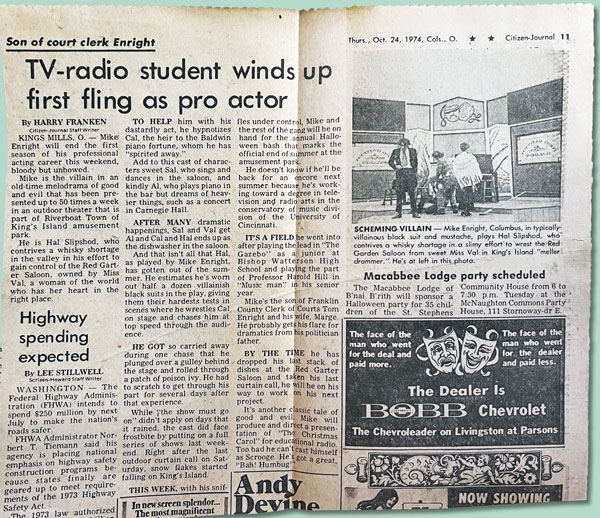
Incidentaly, my father's friendship with a reporter from the paper most likely to endorse his opponent was typical. Though Columbus politics was an old boy's club (with dad one of the old boys), dad was a superb politician. He made friends easily, remembered names, and ran his office more or less without scandal. He was a pretty good adminstrator and actually thought his job was public service. I'm as cynical as aynone these days but I still usally think of people in government as good guys, like Amy Poehler's Leslie Knope, until they prove otherwise.
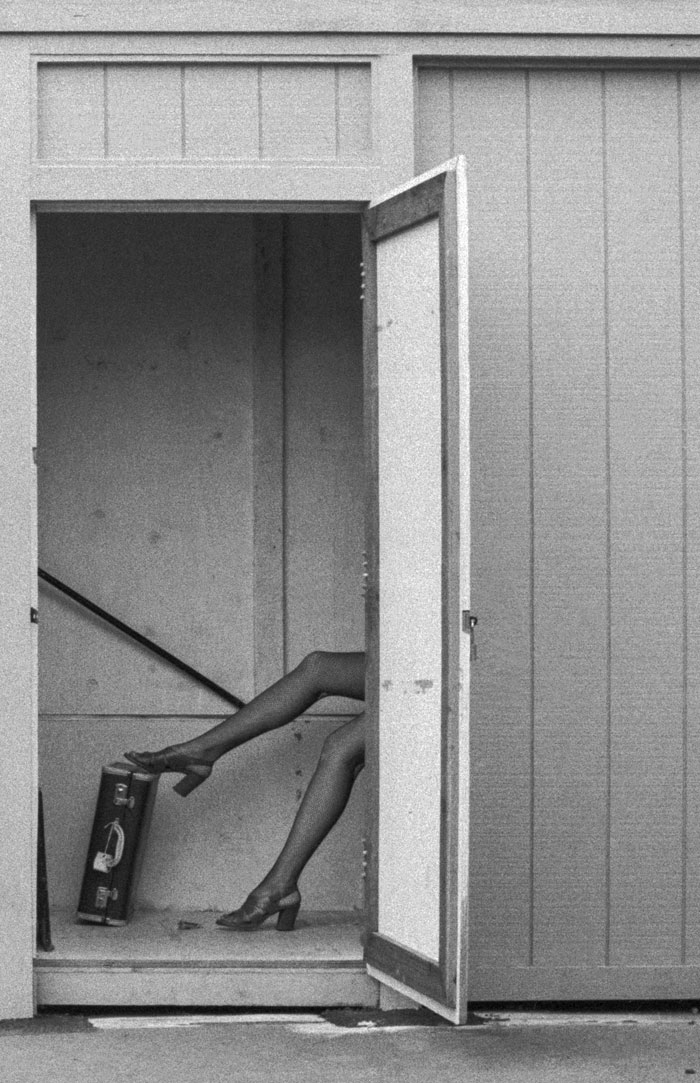
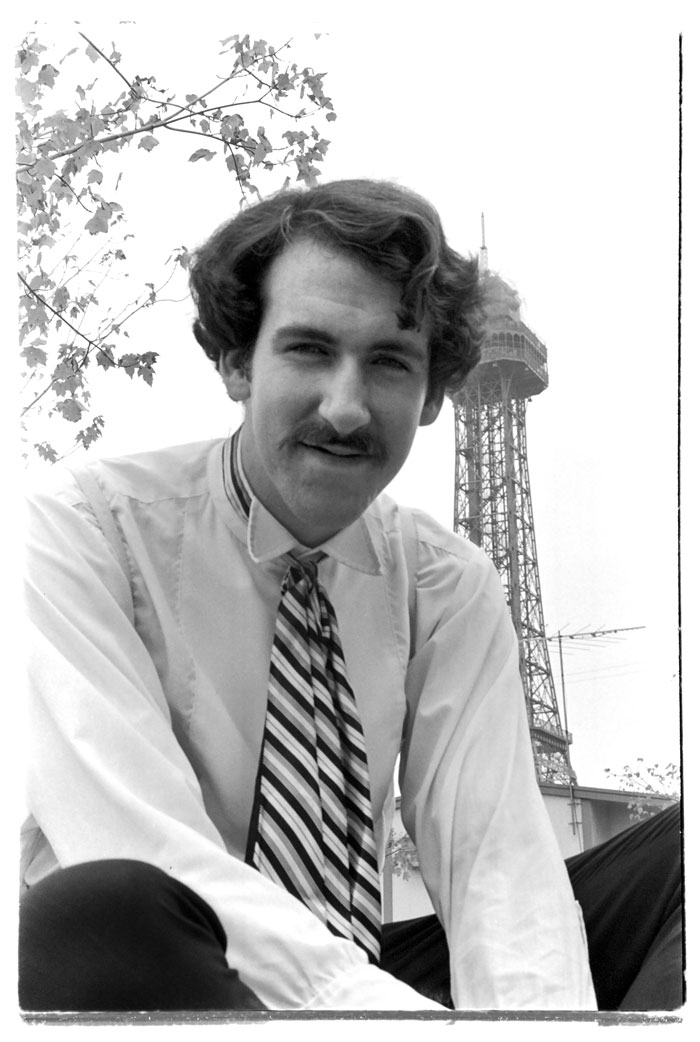
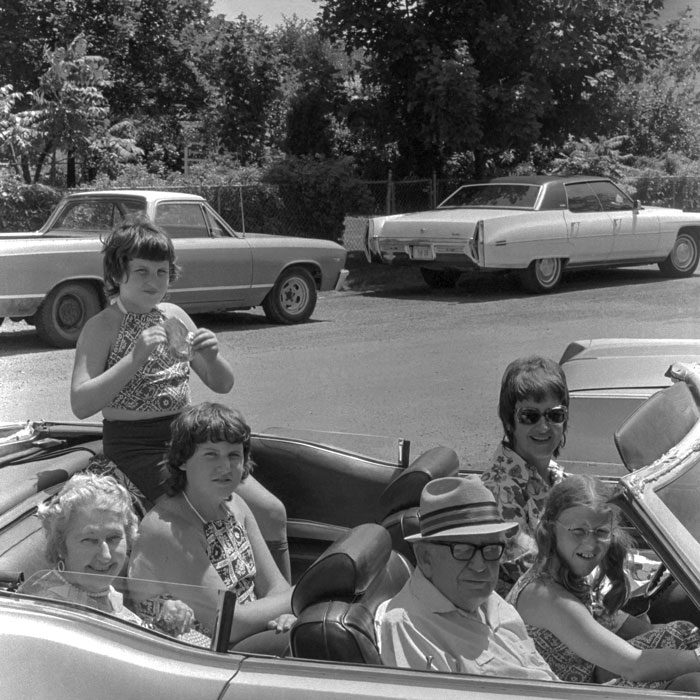
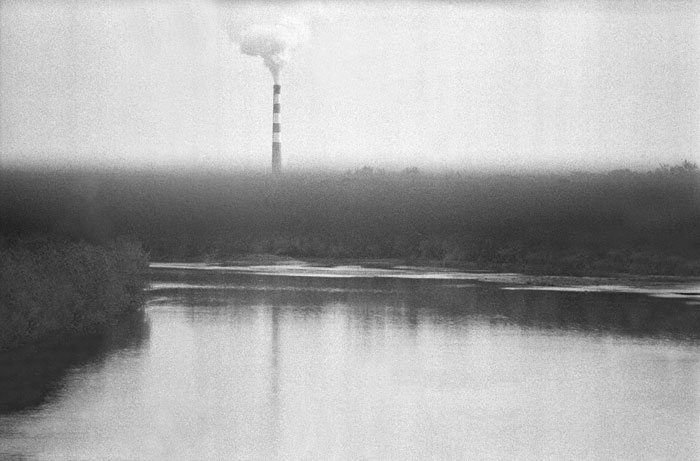
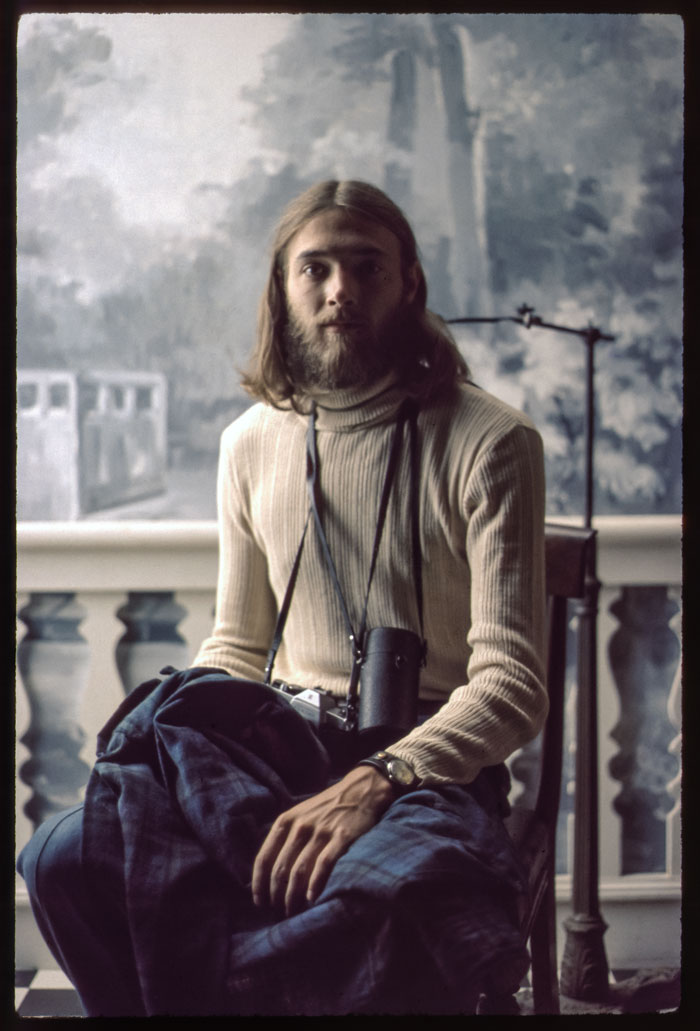
Smithsonian daguerreotype exhibit: my careless framing reveals the neckbrace required for the original long-exposure settings of the daguerreotype era
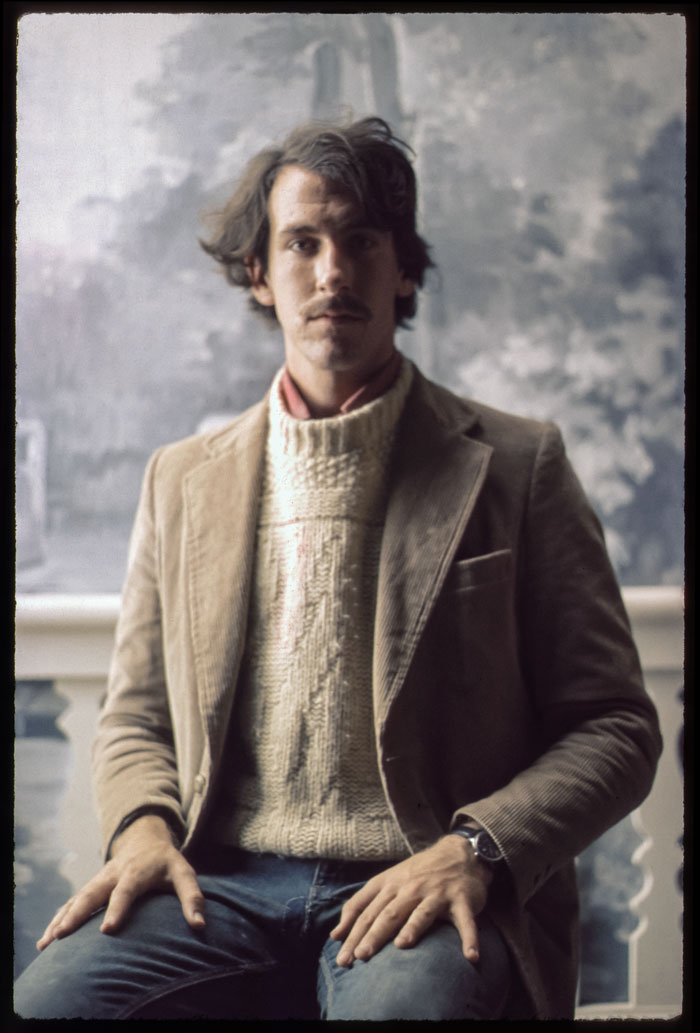

The transformation scene
During this East Coast swing we saw one of the last authorized American screenings of Vertigo at the Biograph Theatre in DC. I'd never seen it projected and it fascinated me as much as it had in my early television viewing. After the run it was pulled from circulation until after Hitchcock's death and managed to become more critically significant with each passing year. Film literature began to speak of it as a masterpiece, and the reappraisals were based on memories like mine: a dream I could not forget.
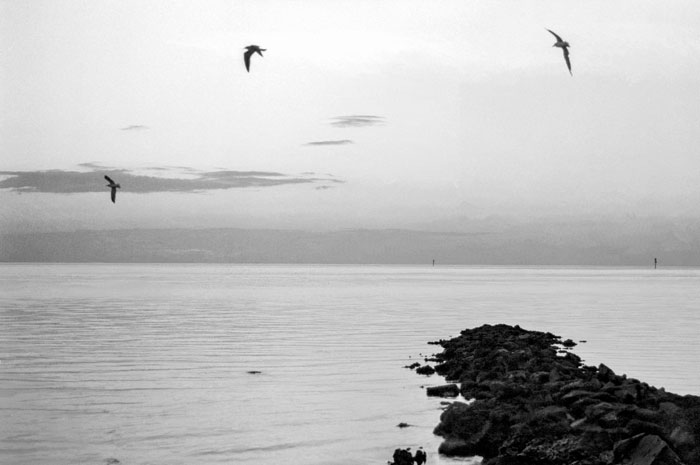
Outer Banks story
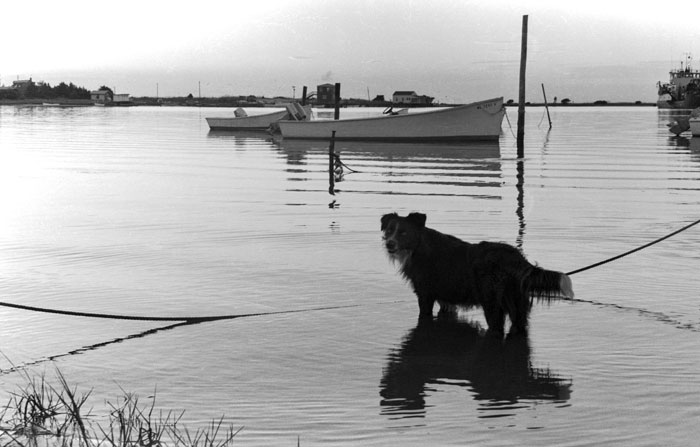
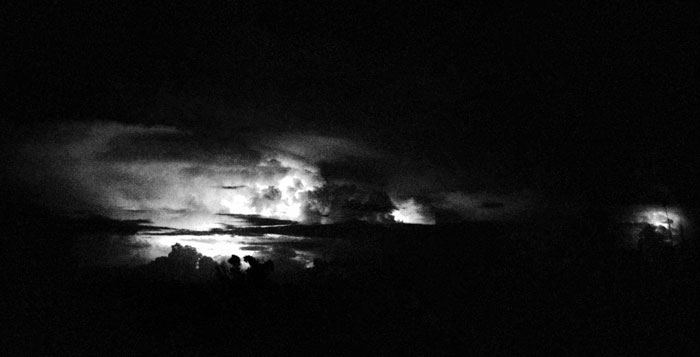
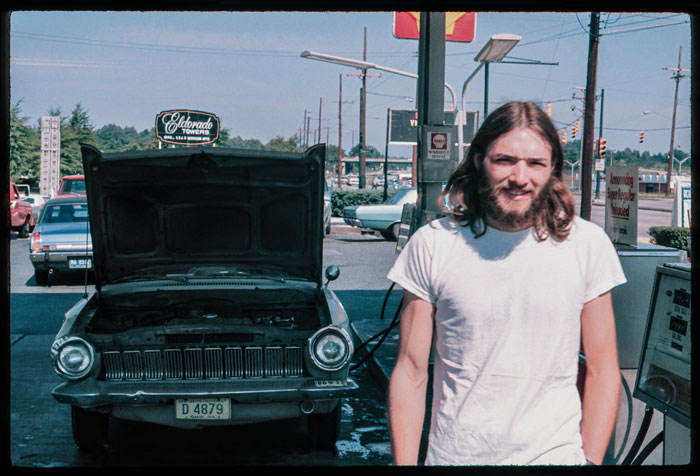
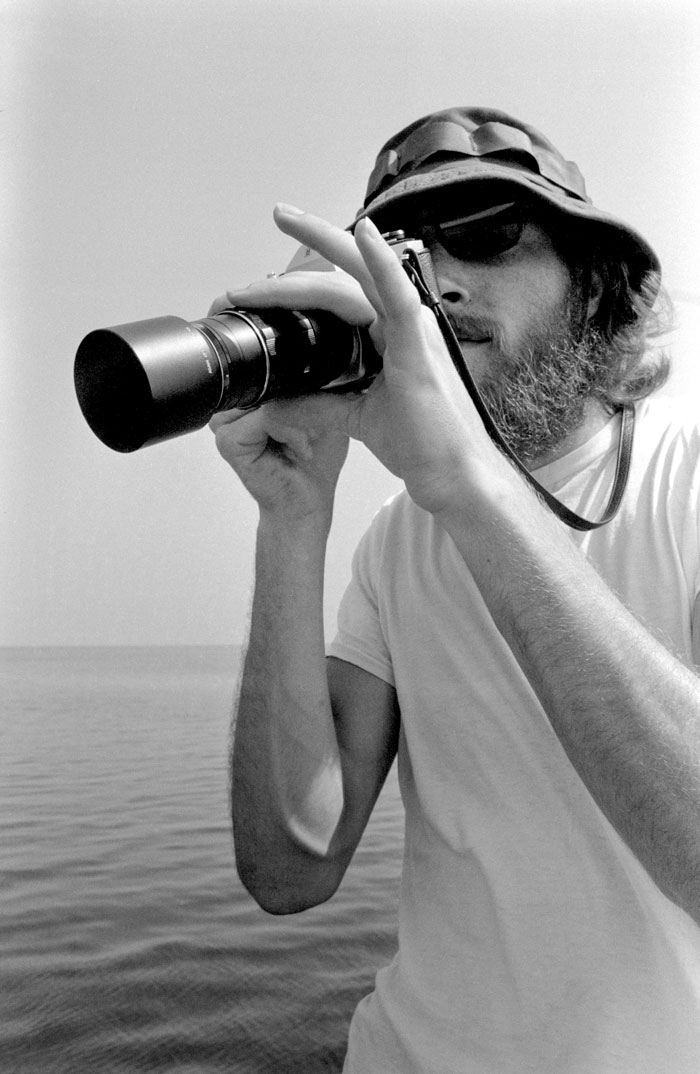
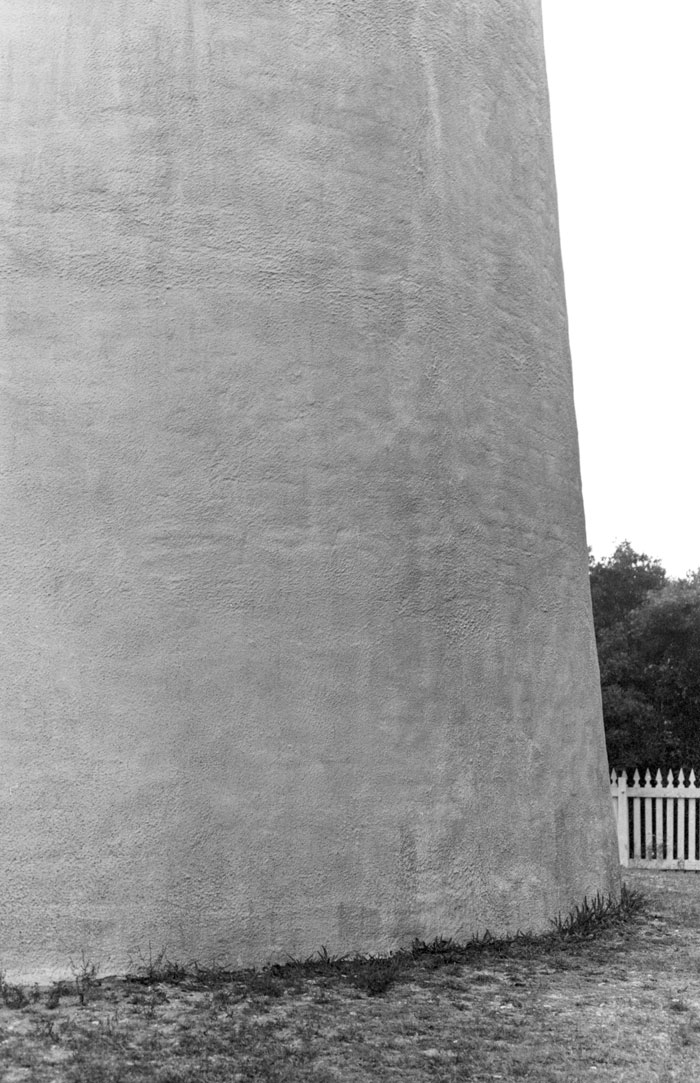
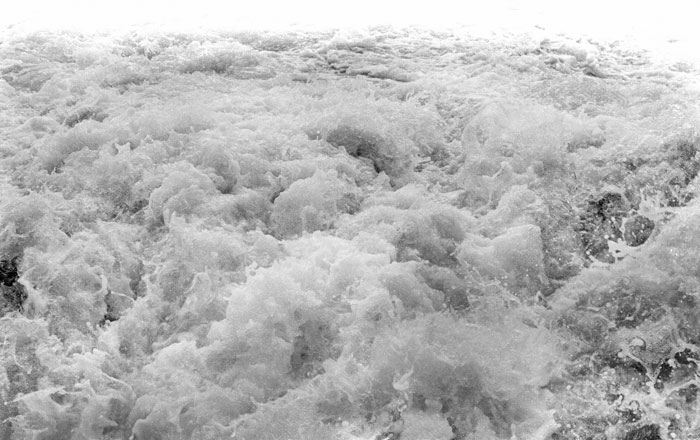
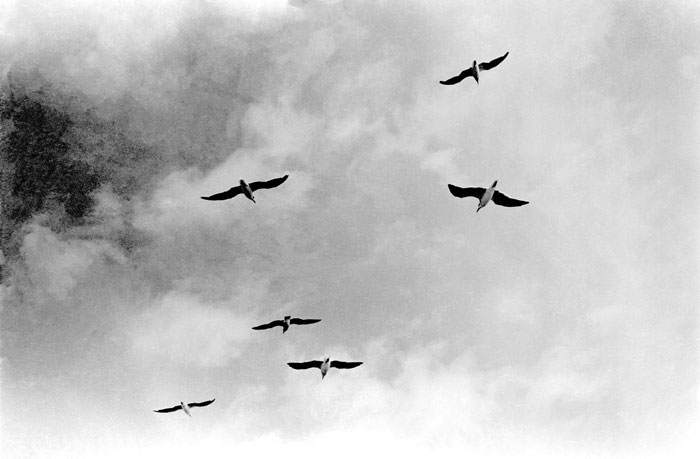
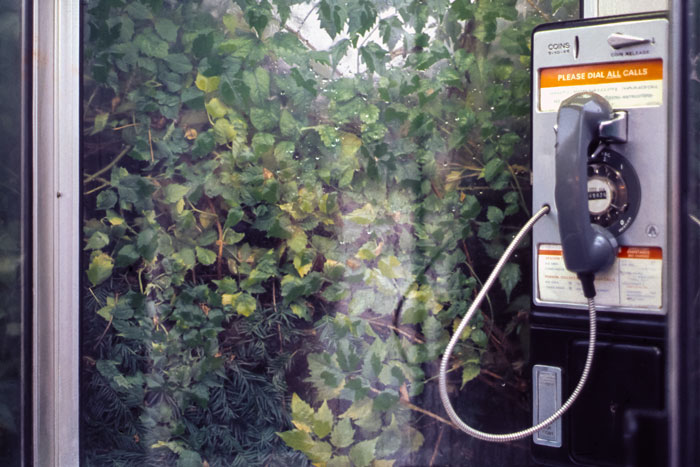

L-R Mike, Mike, Mike, and Terry in Fogarty's living room, Columbus (composite)
There was a regular fetish for Michaels in 1953. The Fogartys were a tolerant and kind family and we all spent a great deal of time there, especially towards the end of high school. Mom and Pop Fogarty were Red Scare-era leftists; it was in this room where I first heard The Weavers and became aware of the significance of Pete Seeger in US political life. There was a small shed in the back yard where we dropped acid on summer nights; I'd bring my portable record player and a stack of LPs: Led Zeppelin, Hendrix, Beatles, McCartney's Ram.
This was one of my college weekends back in Columbus; I came north from Cincinnati because Kathy was visiting from Los Angeles.
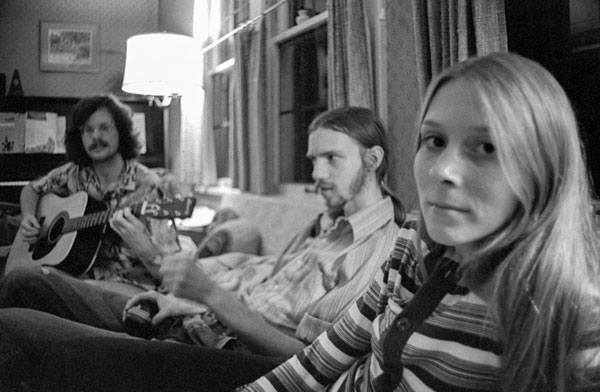

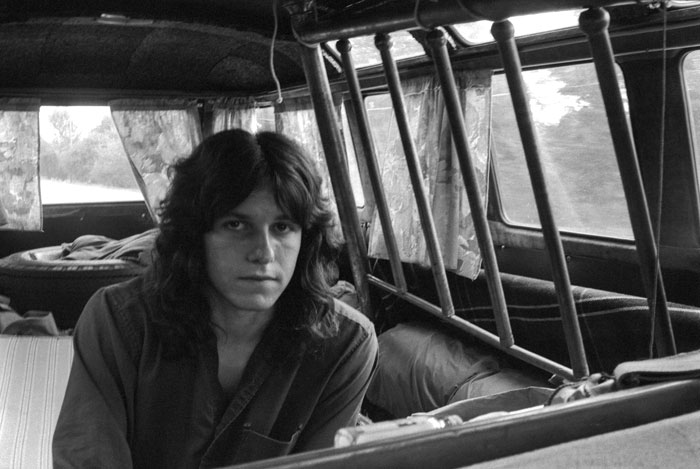
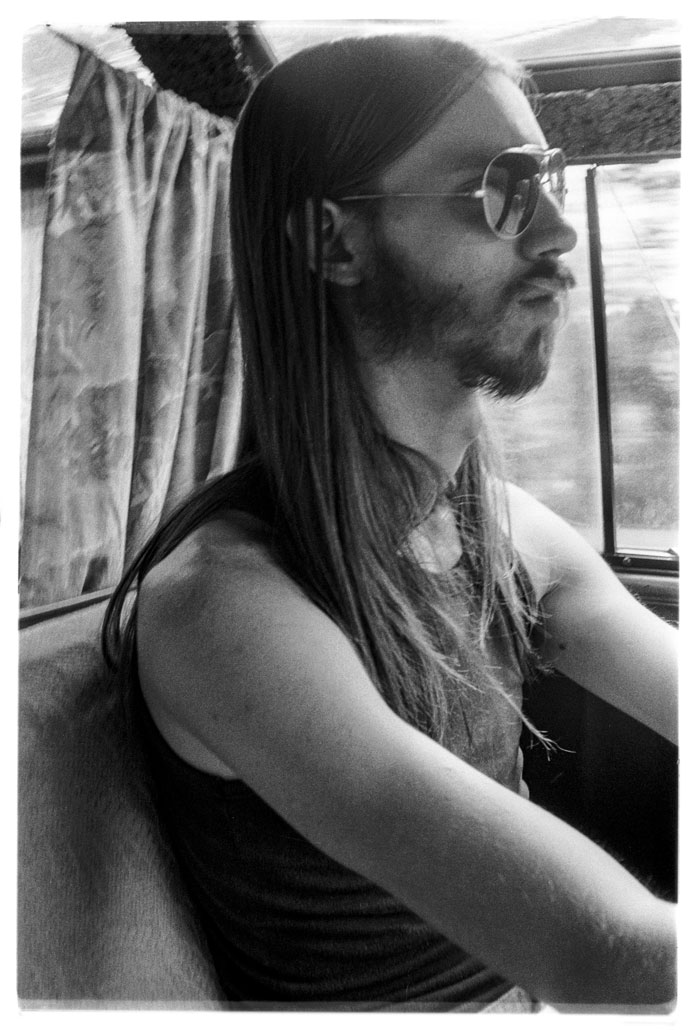
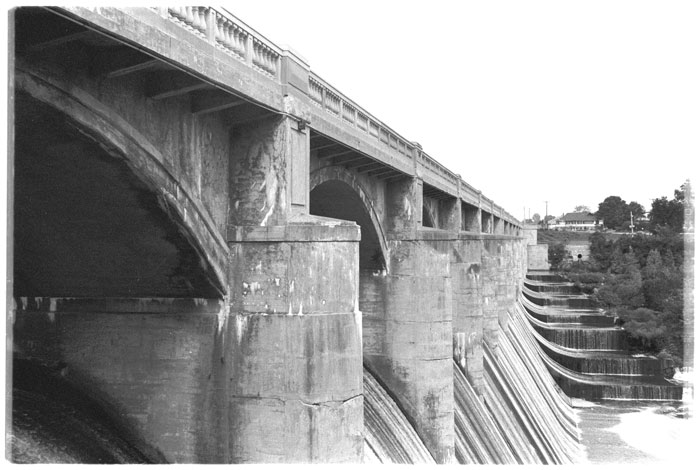
O'Shaughnessy Dam
The two-lane road across the top of O'Shaughnessy Dam connected the small town of Powell, Ohio, to Shawnee Hills where my grandfather's cottage was located. One of my father's first jobs was running a small boat along the top of the spillway freeing debris. Behind where I stood for the photo was a small rural bar where dad spent a great deal of time drinking Schlitz beer in long-neck bottles. My brother and I drank Coke and played an automated bowling game while we waited (and waited).
The wilderness below the dam was a fascinating place to crawl around: ravines, the original river bed, and eroded and moss-covered granite formations. At the east end of the dam was the Zoo-Park, a combination of animal enclosures and rides operated by Gooding Amusements. Gooding was the largest amusement company in the world and its Unit 1 handled most of the county fairs throughout the Midwest. My great-uncle Johnny was the manager so there were always free tickets for us. I remember visiting him and obese Aunt Vera; as they sat in lawn chairs outside their caravan various carnies would approach and whisper into my uncle's ear. He'd often pull out his wallet and hand over cash.

I could have ridden the dodgems and the merry-go-round all day long. Unfortunately I was terrified of most of the other attractions, particularly the roller-coaster. I rode it exactly twice and only under extreme pressure from my father.
The second time I rode—at a birthday celebration with kids from my neighborhood—I managed to slide out from under the restraining bar and coil up on the car floor in tears. Dad called me a sissy;
he was disappointed
with his oldest son in a very 50s sort of way.
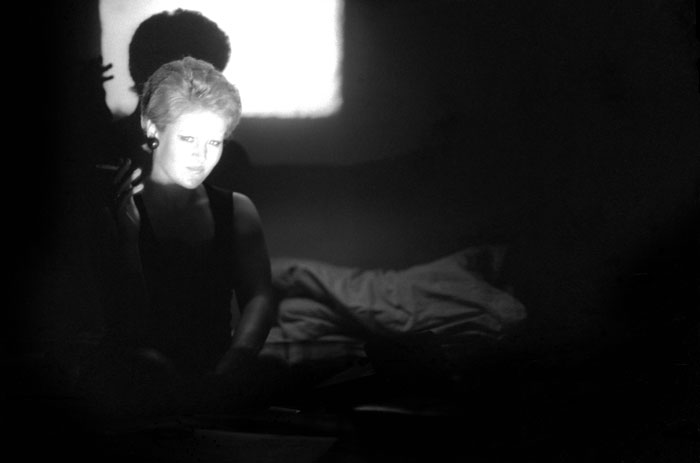
Diane in light, Cincinnati
Diane and I remained friends after our stint in the Melodrama (Diane played the Saloon Girl in my shift). Things fell apart for her years later, though I'm not sure what happened. She moved to Texas around the time my former roommate Barry did; they stayed friends and I heard about her now and then. She called me when Suzie won Miss America, and that was the last time I talked with her. Barry said horrible things had happened. I know she died violently. Diane had a sardonic, razor-sharp wit and smoked cigarettes beautifully. R.I.P., honey.




